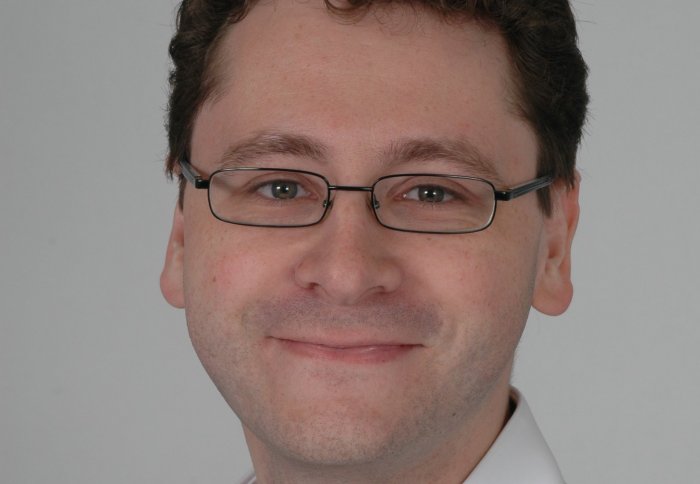Imperial chemist to join life scientists at the Francis Crick Institute
by Jenn Rowater

An Imperial chemist hopes collaborations between chemists and life scientists will lead to new opportunities for drug discovery without boundaries.
Next year, Professor Ed Tate from the Department of Chemistry will build a team of chemists and chemical biologists at the Francis Crick Institute, working alongside other world-leading life scientists and scientists from GSK in a state-of-the-art new building at King’s Cross St Pancras in London.
Imperial College London is one of the founding partners in the Crick, a large interdisciplinary medical research institute that will contain 1,250 scientists tackling health and disease challenges. Research at the Crick will help us understand why diseases develop and find new ways to prevent, diagnose and treat illnesses such as cancer, heart disease, infections, and neurodegenerative diseases. The other founding partners are the Medical Research Council, Cancer Research UK, the Wellcome Trust, University College London and King’s College London.
With his team at Imperial, Professor Tate has already taken important new steps towards treatments for malaria, cancer and inflammatory conditions by blocking the activity of disease-causing enzymes that modify other proteins with lipids. The team has mapped out more than 100 modified proteins, which could help them to design drugs that target diseases including cancer, epilepsy and Alzheimer’s disease.
Professor Tate is one of six Imperial researchers who will be taking up the first round of attachments at the Institute. For him, working at the Crick provides the chance to take his team’s existing work on chemistry technologies in new directions. Working with the Crick’s leading biologists will allow them to consider new disease areas and explore the potential of their technology in developmental biology and immunology.
The Crick works on the principle that new collaborations are successful when people work alongside each other every day, getting to know one another and building trust. “It’s a unique environment for cutting edge research,” says Professor Tate. “This will allow us to advance our research at the horizons of chemical biology. It will help us make fundamental biological discoveries to underpin the drug discovery science we’re doing at Imperial, and ultimately take our work closer to the clinic.”
If you would like to offer support or discuss the role you could play in helping the College achieve its goals, please contact Patrick Stewart on 020 7594 2667 or Seema Jagdev on 020 7594 5313.
Article text (excluding photos or graphics) © Imperial College London.
Photos and graphics subject to third party copyright used with permission or © Imperial College London.
Reporter
Jenn Rowater
Advancement